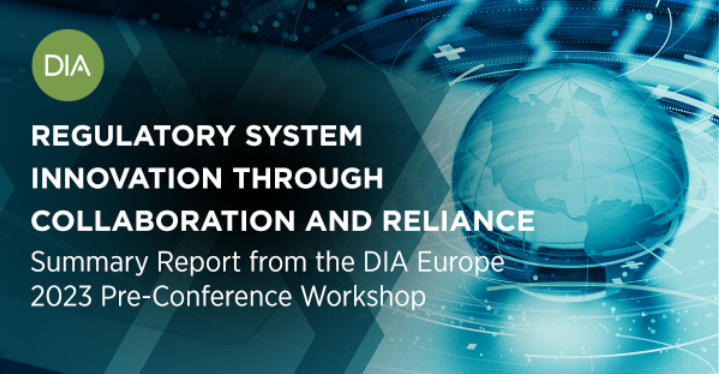
The COVID-19 pandemic has catalysed increasing cooperation and collaboration amongst regulators and more frequent communication with applicants. Regulators piloted new ways of working to increase the speed of regulatory actions and increase regulatory collaboration, and focused available resources on important public health matters. As we are now moving into the post-pandemic phase, stakeholders have been evaluating which of the regulatory agilities should be implemented more permanently to support regulatory systems’ innovation.
Harmonisation of requirements towards global standards allows sharing of appropriate information across agencies to facilitate national decision-making. This will support earlier access to life-saving medicines in international markets where submissions and regulatory approvals often lag behind mature countries. In addition, the speed of technology innovation is accelerating, and the regulatory workload is increasing. To address this increasing demand, some regulators are implementing regulatory reliance for different regulatory activities, such as marketing authorisation applications, inspections, post-approval changes, pharmacovigilance and registration sample testing. Transparency and trust are necessary to establish more collaboration between regulators, which will then facilitate the use of reliance.
At the margins of DIA Europe 2023, regulators from different regions and industry experts came together for a Workshop to discuss the practical aspects of collaboration and reliance.
Key issues that had been identified as important enablers for regulatory reliance and which were explored in the Workshop were:
- Global dossier submission vs complying with country-specific requirements.
- Use of assessment reports containing confidential information.
- Ensuring sameness of the product assessed in the reference country.
- Efficient management of post-approval changes.
